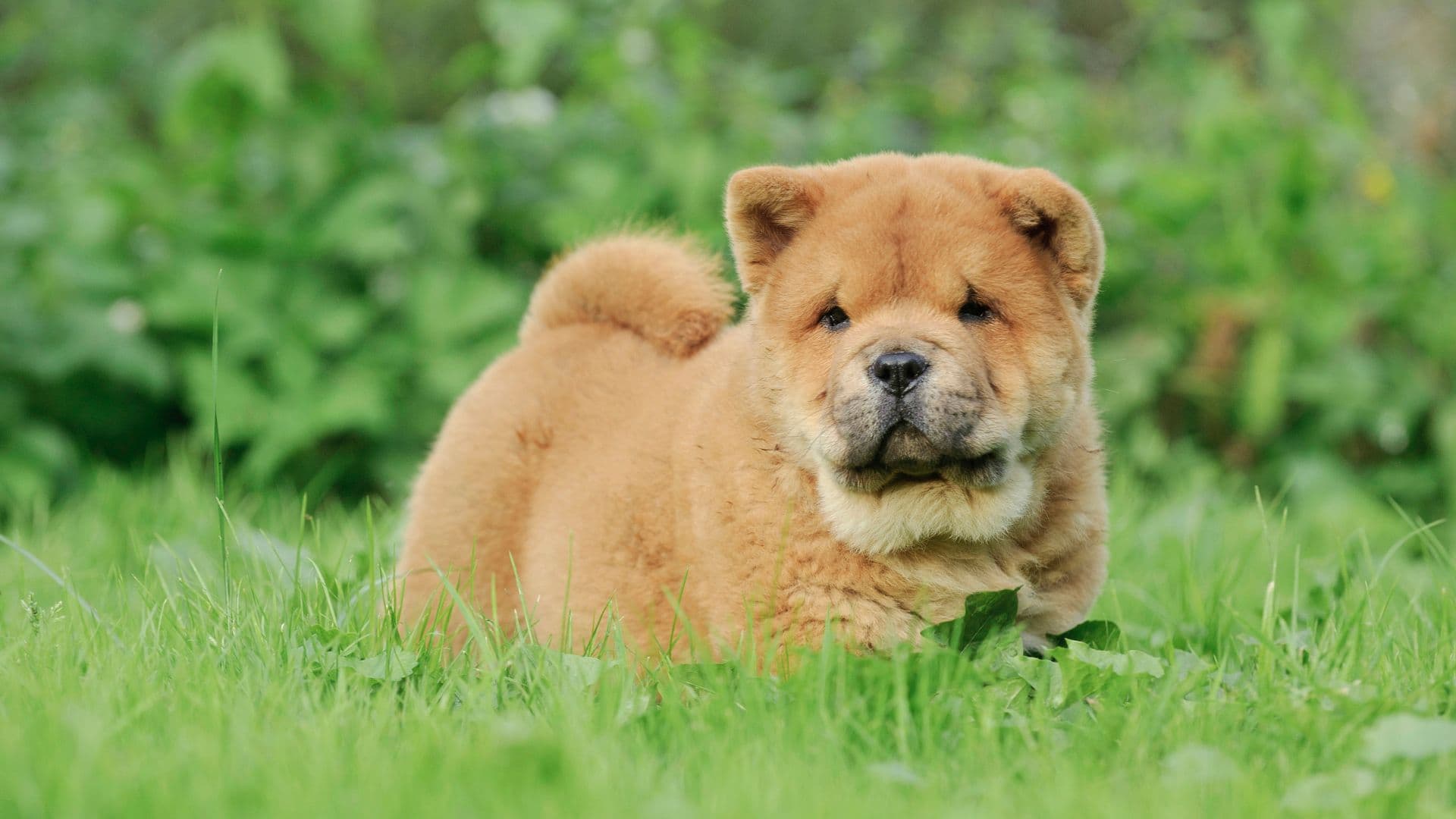
How to Re-home Your Pet [Step-by-Step Guide]
Find out how to re-home your pet responsibly. Learn the steps to ensure a safe and smooth transition for your pet into a new loving home.

Find dignified Chow Chows needing new homes. Connect directly with owners who need to rehome their loyal companions.
Discover the unique rewards of adopting a dignified, loyal companion
Chow Chows are natural protectors who form incredibly deep bonds with their families, offering unwavering loyalty and quiet devotion to those they love.
With their lion-like appearance and regal bearing, Chow Chows bring an air of dignity and grace to your home, perfect for those who appreciate a distinguished companion.
While discerning with strangers, Chow Chows shower their chosen family with quiet affection and steadfast devotion, creating bonds that last a lifetime.
Their cat-like independence and calm demeanor make them ideal for peaceful households, requiring less constant attention than many other breeds.
Established Personality
Know exactly the dignified companion you're bringing home
Skip the Puppy Phase
Enjoy a mature companion without the challenges of puppyhood
Often House Trained
Many adult Chow Chows come with basic training completed
Grateful Hearts
Adult dogs form deep, lasting bonds with their new families
Clean & Quiet
Exceptionally clean dogs with quiet, peaceful temperaments
Magnificent Appearance
Stunning double coat that's a joy to maintain and admire
Discerning Nature
Selective with affection, making their love even more special
Independent Thinkers
Intelligent dogs who think for themselves, perfect for patient owners
Understanding adoption fees and what's included
Dignified companions in their prime, ready for devoted families
Typically Includes:
Mature dogs with established, loyal temperaments
Typically Includes:
Distinguished seniors offering years of quiet companionship
Typically Includes:
Extra special dogs looking for understanding families
Typically Includes:
Adopting an adult Chow Chow is an investment in loyalty that costs significantly less than purchasing a puppy. You'll save while gaining a mature companion with an established personality who's ready to become your devoted guardian.
Give a dignified companion a second chance at happiness

Chow Chow mix

Chow Chow

Chow Chow

Chow Chow

Chow Chow

Chow Chow

Chow Chow
From search to forever home - your pet adoption journey in 4 simple steps
Browse through verified pets looking for their forever homes in your area
Message owners directly to learn about the pet's personality and needs
Arrange a safe meeting to see if you and the pet are a perfect match
Complete the adoption process and give a loving pet their forever home
Browse through verified pets looking for their forever homes in your area
Message owners directly to learn about the pet's personality and needs
Arrange a safe meeting to see if you and the pet are a perfect match
Complete the adoption process and give a loving pet their forever home
The trusted platform connecting loving homes with pets in need
All pets and owners are verified, ensuring safe and transparent adoptions.
Communicate directly with current owners to understand each pet's unique story.
Find adoptable pets in your area for convenient meetings and visits.
Access health records, behavioral notes, and care requirements upfront.
Thousands of loving pets are waiting for their forever homes.
Start AdoptingReal stories from dog owners who found perfect companions on Petmeetly
Everything is satisfactory. I don't think there is anything that needs to be changed
Norman Bartlett
California, US
It went well! We missed her dog’s heat by just a few days, but they were such nice people. We agreed to stay in touch!
Martha Plasencia
California, US
I met Aoife and her family and decided to adopt her from them that day. She’s a dream puppy!
Cynthia
New York, US
Our thorough process ensures successful matches
Understanding of breed characteristics
Appreciation for independent nature
Patience with reserved personalities
Comfortable, secure environment
Patience during bonding period
Lifetime commitment to care
Setting up for a successful adoption match
Essential preparations for a smooth transition
Understanding care needs for your adopted Chow Chow
Expert advice on adopting and caring for rescued Chow Chows

Find out how to re-home your pet responsibly. Learn the steps to ensure a safe and smooth transition for your pet into a new loving home.

Download our complete dog adoption checklist to prepare for your new pet. Ensure a smooth, joyful transition into your loving home.
Get answers to common questions about adopting Chow Chows responsibly
Chow Chows become available for adoption when life circumstances change for their families. These dignified, loyal dogs are looking for homes that appreciate their independent nature, beautiful coats, and devoted companionship. Each Chow Chow brings their own unique personality and is ready to become a cherished family guardian.
Adoption fees typically range from $150-$750. Young adults (1-3 years): $350-$750. Adults (3-7 years): $250-$600. Seniors (8+ years): $150-$400. Special needs often free-$350. Fees usually cover spay/neuter, vaccinations, and medical care. Much less than buying a puppy which can cost $1,000-$3,000.
YES - for the right owners! Chow Chows are dignified, loyal dogs who form deep bonds with their families. Benefits include: known temperament, past puppy phase, often calmer, clean and quiet nature. They're perfect for those who appreciate independent, cat-like companionship and devotion.
Key considerations: dignified and independent nature, regular grooming requirements (daily brushing, professional grooming), reserved but deeply loyal personality, climate comfort needs, cat-like cleanliness, quiet companionship style. Perfect for experienced owners who appreciate unique personalities.
Find loving dogs of various breeds waiting for their forever homes
Give a dignified, loyal companion the loving home they deserve. Your devoted guardian is waiting to share their love.